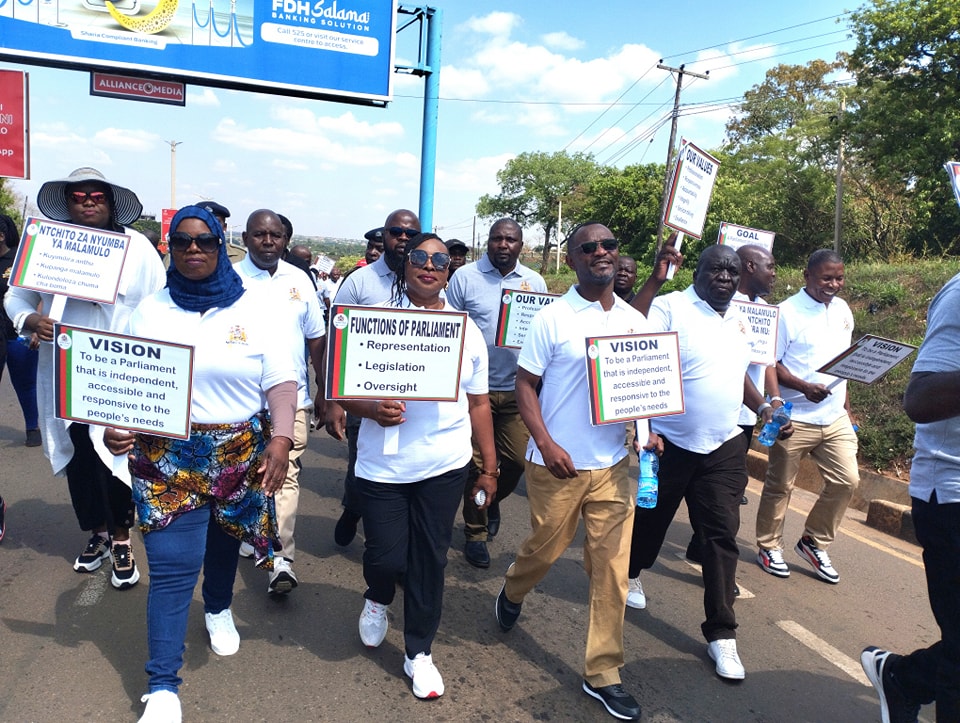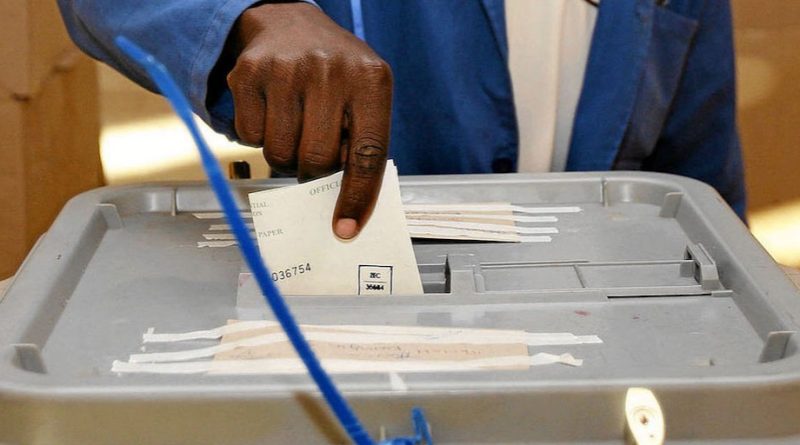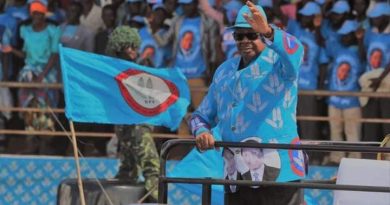Democracy needs a reality check: The Malawian context
By Angellah Yauma Mwafulirwa*
Abraham Lincoln in his famous Gettysburg Address of 1861 summarised democracy into the famous adage ‘government of the people by the people and for the people’. Democracy is the most preferred form of government across the globe. Most nations have ascribed to this form of government as one which would guarantee the ‘most good’ to the citizenry.
However, whilst the blue-print might have all the allure that peoples’ welfare and interests will be the top priority, it is often in the execution of the ‘people’s will’ that things turn south. Those that have the reins of power either do not have the competence to do what is required of them or they have simply chosen to turn the priorities upside down. The stark disjunct between the ideal version of democracy is apparent not only in budding democracies like that of Malawi, where we have only exercised the same for 30 years.
Historically, democracy was there to reform the system of government to curb the powers exercised by the aristocrats by reorganizing the Athenian Council to be more representative of all the regions. Predominantly, countries that were monarchies adopted democratic systems run by the electoral process. Many African countries adopted the multi-party system of democracy from their colonial masters and Malawi was no exception. It is the electorate that votes for leaders into power as President and head of government. The system of democracy in Malawi is both presidential and parliamentary.
In countries like South Africa, it is different. The electorate only elect members of parliament to represent them in parliament. It is through the members of parliament who are in majority that elect a president. The system is parliamentary in nature.
In its simplest form, democracy prevents the rule by autocrats and it guarantees fundamental individual rights, allows for a relatively high level of political equality.
In terms of the old adage, democracy entails government of the people by the people and for the people. A democratic system uses the means of universal suffrage to reach the means of giving those with the majority power to take over the helm of the governance affairs in a country. This is in view of doing good to everyone including those who do not vote.
The right to suffrage extends to the power that the electorate has to hold the elected accountable. However, when it becomes apparent that the elected are wielding so much power is there hope for the electorate? Maybe, yes. That is why we have an inbuilt checks and balances system within the three arms of government. Seeking judicial redress would ably solve some of the problems we have. However, it is not right to assume that every problem we have will be solved in the court room or in parliament. Perhaps, as a people we need serious self-introspection to reflect on where we get it all wrong when it comes to running of our affairs.
As stated earlier the electorate has the opportunity to decide who is to manage their affairs during a defined period and in Malawi it is five years. At this point in time an electorate would have presumably weighed the potential benefits of a particular candidate against another, the costs attached to ‘putting another party or ‘candidate’ into power to run the government as opposed to the other’, and has reached a solid resolution to make that ballot tick in favour on a particular candidate.
However, the elected leader has aspirations and possibly selfish interests that might be hard to divorce from what the party members and the public at large have. Whilst it is common knowledge that the government is not there to serve the individual interests, it is common experience that individual interests take the upper course.

Members of Parliament in an oversight function
People’s actual lived experiences indicate that their interests are largely ignored by their representatives. Just like other notable authors on democracy have said, democracy suffers from the inability of the public officials to comprehend the complexity of the world. Its time span is short-term, although it adopts policies with long-term consequences. Everything is interconnected, but things are treated in elections and parliament as though they were single events. Democratic systems are influenced more by money and the interests of the owners of those monies than what the common man would have aspired to see being achieved.
In its basic form, democracy is a government in which the majority of a defined society get to rule. In its ideal form, these people belong to an entity with shared goals, aspirations and a vision. Whilst the party or those aspiring to hold public positions hit the ground, the people will be thinking of a ‘common good or change for the better’. However, at the end of the day, it is realised that what the conceptualisation of the common good by the people is different from what the leader thinks.
It is found that at the point of elections, the leader who has the reins of power and the people are not in the same cart. Mostly, the interests of the leaders revolve around tribe, making more money as career politicians and helping friends to earn a living. It is only when people start suffering the consequences of being excluded that reality slaps and they realise that they have been ‘duped’ of their votes.
Painfully, they have no way of holding the leaders to account. The common solution is to wait for another election, get into the same loop again after receiving party clothes, some pittance and a whole lot of the same empty promises and the cycle continues. Whether we are just gullible enough as a people and the leaders a really the best of ourselves is a thought for another day.
In a democracy we often hear the phrase, numbers don’t lie, and we are persuaded to think whatever the majority decide is indeed for the common good. What if we have emphasized on dealing with poverty in economic terms and have disregarded the need to build a nation that is united. When it comes to what democracy means, we might have learnt what it entails on paper and yet repeatedly, we have chosen to overlook clearly set procedures or we have failed to hold to account those who are entrusted with the duties of administering public institutions. If it is the case that we see no cause to fight for, then is there even hope for the nation and the generations after us?
Other people have expressed concerns that what is in Malawi is actually kleptocracy under the guise of democracy. Election are seen to be a way of formalising and legitimising the plunder of public resources. In essence, elections are completely divorced from a common man’s interests. Elections signal a change of the hands that hold the public purse so that they too can have a fill. Leaders who plunder public resources use elections as a means at the expense of the populace. These will often team up with those who have the necessary means (money) to buy out their way of rules that are there in a democratic set up like ours.
One would arguably say that we mainly focus our energies on the parliamentary and presidential elections leaving out the ward councillor elections. In the organogram of elected representatives, it is the ward counsellor who is the closest to the people. Perhaps it is them, who know the heart of the people and their interests before the same are known by the other elected leaders.
As a nation we need to go back to the drawing board and think of how we can do better when it comes to the governance of our nation. It is absurd to have rules and live in total disregard of the same rules or condone it when others break the rules. As a democratic nation we need to fully ascribe to the core tenets of democracy if we are to reap the fruits of this system. There is need to uphold the rule of the law. It is important to do things by the rule and not settle for mediocre standards when we know we can do better.
The elected leaders must be held to account and they should also be transparent in the discharging of their duties. It is also crucial for citizens to thoroughly understand their civic duties and at all times strive to be vigilant in their day to day life. They must be active participants in issues that directly affect their welfare. Every system relies on the values and principles the people in charge have.
Both our leaders and the citizens must make sure they have certain moral standards build around honesty, integrity, patriotism and peace. It may be plausible to reform our democratic system by moving away from a system that is both presidential and parliamentary. This may be done by adopting the parliamentary system of democracy only. This is because it is a system that enhances accountability and whenever the leadership loses trust there will be no need to wait for five years to remove them. A vote of no confidence will be enough.
*Mwafulirwa is a freelance contributor to The Lamp magazine.




